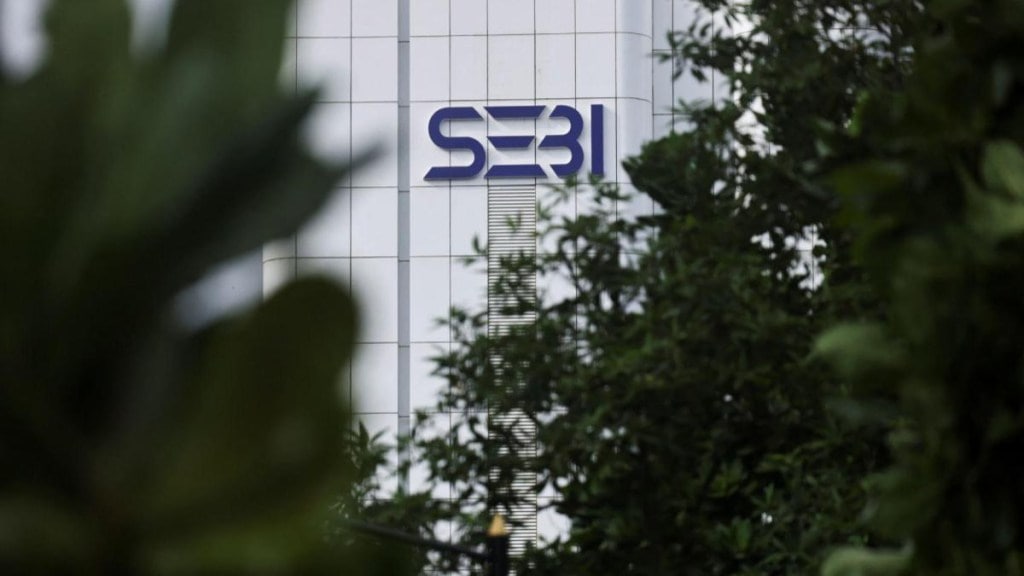Sebi chairman Tuhin Kanta Pandey on Saturday said easing the process to help the Indian diaspora invest in the Indian markets is an “urgent goal” for the capital markets regulator.
The watchdog is looking at simplifying ways in such a way that the non-resident Indians (NRI) do not have to travel to their home country for complying with the know your customer (KYC) requirements. “We are yet to establish an easy and secure KYC access for NRIs to facilitate their participation in the securities market. This will be an urgent goal for us,” Pandey said, speaking at an event organised by the Bombay Stock Exchange Brokers’ Forum here.
The career bureaucrat-turned-regulator said Sebi is in touch with the RBI and also the Unique Identification Authority of India to create a system where NRIs’ KYC can happen without someone being forced to travel to India. As per reports, there are over 3.5 crore NRIs, and India was the biggest remittance beneficiary in the world having received USD 135 billion in FY25.
The comments come at a time when there has been some waning in the domestic retail investor interest to bet on Indian equities as seen in declining trend in SIP investments. Meanwhile, having decided to create a single window for trusted foreign portfolio investors and lighter compliance in September, Pandey said Sebi’s “immediate goal” is to create the entire FPI registration simple and fast by making it portal-based.
“We are already consulting our stakeholders to implement it …we would like to be among the best in the world in terms of facilitating registration,” he added. Pandey termed this task as only a “process issue”, stressing that there are no risks from it and added that Sebi, RBI and Income Tax have to come together to allow for the digitised registration.
Addressing the broker fraternity, Pandey also said that Sebi will finish rewriting broker regulations by December this year.
From the perspective of upping cyber security defences, Sebi will be issuing guidelines for “air gap” in consultation with the market infrastructure institutions, Pandey said.
He said MIIs (market infrastructure institutions) are being stress tested with live disaster recovery drills and Sebi has even implemented a redundancy model for the clearing corporations as well wherein if one CC is down, its operations can continue using the services of another CC.
“We are also examining implementation of a safety net in the case of outage at a depository participant as done for stockbrokers,” he said. On the surveillance front, Sebi is moving from reactive supervision to predictive oversight, he said, pointing that the data warehouse system has been revamped to develop new role-based alerts to identify pump and dump patterns and to detect fraudulent trades in bulk deals.
Use of algorithmic and high frequency trading has witnessed significant growth in India and such trades account for significant volumes in our equity and derivatives market currently, Pandey said. “We will constantly update our regulatory framework in this regard to ensure a fair, transparent and resilient market,” he added.
Stating that the cash equity volumes are hovering around Rs 1 lakh crore daily, Pandey said there is a need for deepening the same and added that Sebi will review the SLBM (Stock Lending and Borrowing Mechanism) framework consistent with risk management principles with the same objective.
On the short-term derivative markets, Pandey promised that Sebi will be “thoughtful and consultative” in suggesting further measures to improve the market consistent with risk awareness and suitability of investors. Urging all stakeholders to be more innovative, Pandey said a resilient market needs diverse instruments for raising capital and to manage risk.
Amid lacklustre pickup in the Chhota SIP, Pandey said the product has the potential to create a significant impact and promised to remove barriers in its progress. Commodity derivatives have the potential to help the country, Pandey said, promising help to resolve key issues around tax, delivery and GST on this front.

